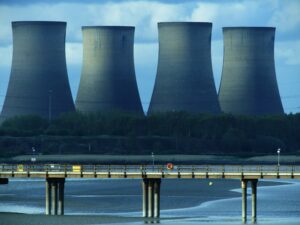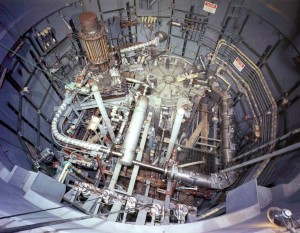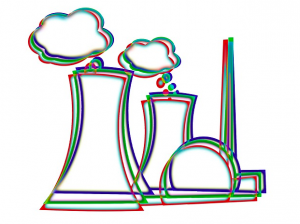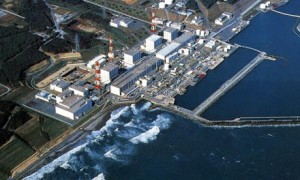5 item(s) were returned.
Founder & CEO
The Idea Logical Company, Inc.
The global heating catastrophe being fostered by humanity’s proclivity to burn fossil fuels for energy is an emergency. An all-hands-on-deck emergency. An employ-every-tool-in-the-toolbox emergency. Despite that, a myth persists that blocks humankind’s use of the most powerful possible energy source that won’t add to the CO2 load. The energy source being vastly underemployed is nuclear. And the myth that stands in the way, so widely accepted as truth, is that “nuclear power is dangerous.” The acceptance of this four-word declarative statement as truth is pretty widespread. People’s fears about nuclear energy emerged in the 1970s due to misinformation and media… [more]
View InsightPresident
Kadak Associates, Inc.
Today there are 100 nuclear plants operating in the United States, providing roughly 17% of our electricity. They do so with water technology developed in the 1960’s and 1970’s and many of these plants are extending their licenses from 40 to 60 years after careful regulatory review. Even new design nuclear plants such as Westinghouse’s AP-1000 and General Electric’s ESBWR are fundamentally the same technology, which are described as evolutionary. Yet today there are many new innovative designs and technologies that are being developed that are not water based. These innovators face enormous challenges in coming up with new designs… [more]
View InsightPresident
Kadak Associates, Inc.
Without significant gains in storage technology, electric generation from solar and wind will not meet the world’s energy needs. Nuclear power, however, can deliver electric power in a sufficiently safe, economical and secure manner to supplement supply from other carbon-free sources. Despite this, there remain major objections to the safety, cost, waste management and proliferation risk of nuclear power, which I’ll seek to address here. Safety There have been three serious accidents that challenged the safety record of nuclear power: the Three Mile Island (TMI), Chernobyl, and the tsunami-induced Fukushima accident. In all these accidents there were no immediate public… [more]
View InsightPresident
Micro-Utilities, Inc.
The meltdowns at three nuclear plants at Fukushima, Japan almost three years ago were an economic disaster, but were these plants inherently unsafe? Did the Fukushima designs provide adequate safety during extreme circumstances? The magnitude 9 earthquake that hit Japan in 2011 was its largest ever. However it was the enormous tsunamis that led to meltdowns. At Fukushima the spent fuel pools never leaked water in spite of the earthquake, its aftershocks, and tsunamis. Even Fukushima’s emergency power systems initially survived the earthquake, only to be soon destroyed by the tsunamis. The nuclear plants at Fukushima were in an extreme… [more]
View InsightJ.C. Ward Jr. Professor of Nuclear Energy Engineering
Cornell University
The premise of Robert Stone’s newly released documentary, Pandora’s Promise, is that despite the scary features of nuclear radiation, nuclear power is the best chance we have to avoid the catastrophe projected from burning fossil fuels to power the growing world economy. The documentary’s approach is rather unique – former anti-nuclear environmentalists describe how and why they became pro-nuclear, in spite of even the recent major Fukushima Daiichi reactor disaster. It is important to add that Director Robert Stone is not arguing that standard “light water reactors” (LWRs) should be pursued, but rather newer designs, such as inherently safe breeder… [more]
View Insight



